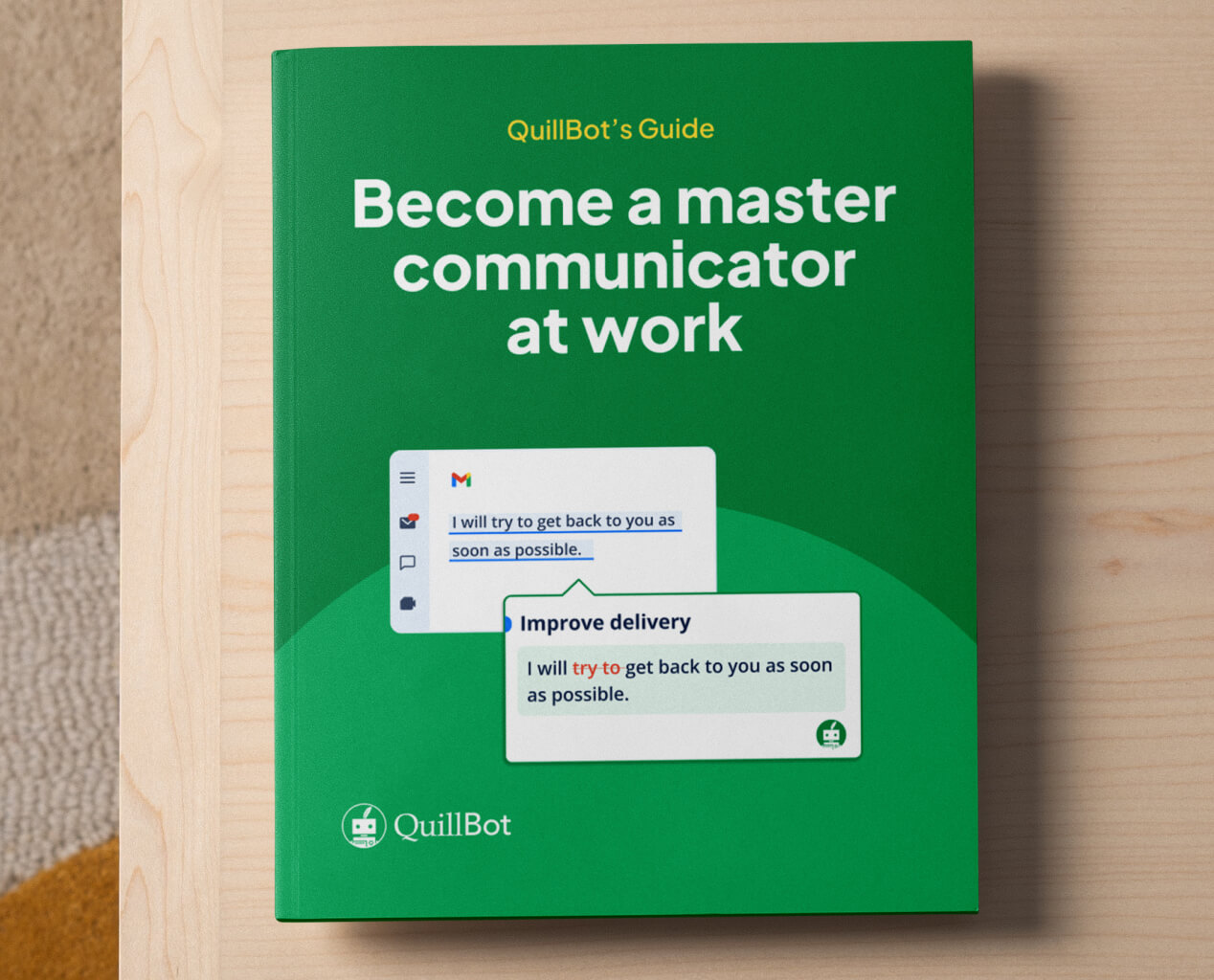Words that rhyme with holiday include:
- Yesterday
- Away
- Play
- Say
- Stay
- Way
- Display
- Everyday
- Sleigh
Whether you’re writing cards, songs, or playing word games, QuillBot’s AI Chat can help you find more rhymes and holiday-themed phrases.
Continue reading: What words rhyme with holiday?
The “Twas the Night Before Christmas” poem is actually titled “A Visit from St. Nicholas.” It was written by Clement Clarke Moore and first published in 1823.
“A Visit from St. Nicholas” is one of the most famous Christmas poems for kids, although many adults also enjoy it. The poem has also been recited in many Christmas films.
Want to learn more about this poem? Ask QuillBot’s AI Chat.
Continue reading: What’s the Twas the Night Before Christmas poem?
You can find many short Christmas poems for kids online, but you can also write your own with some help from AI.
Use QuillBot’s AI poem generator to generate poem drafts you can customize for your kids. Simply come up with an idea, plug it into the generator, and edit for readability and rhythm.
Continue reading: Where can I find short Christmas poems for kids?
Most people use “condolence” (without an “-s”) as a modifier in phrases like “condolence message” or “condolence card.” It’s also correct to say “condolences message.”
The plural form, “condolences,” is more common in the condolence message itself (e.g., “I’m sending you my deepest condolences for your loss”).
When you’re writing a condolence message, QuillBot’s free Grammar Checker can help you avoid errors.
Continue reading: Is it condolence or condolences?
It’s perfectly normal to feel uncertain about how to send a condolence text message. You want your message to be sincere and thoughtful but also concise. Here are a few tips:
- Express your sorrow for the loss.
- Offer support (even if it’s just a simple “I’m here if you need anything”).
- Share a positive memory or something that you admired.
An example of a short condolence text message is:
- “I’m so sorry for your loss, [Name]. I’m thinking of you, and if you need anything, I’m a phone call away. Your grandma was such a special person, and you made her so proud. Peace and love to you and your family.
Writing a condolence message is never fun or easy, but QuillBot’s Paraphraser can make it a little less stressful. It can show you different ways to make your message clear and concise.
Continue reading: How do I send a condolence text message?
“Merry Christmas” in Japanese is “メリークリスマス,” romanized as “Merī Kurisumasu.” This phrase is written in katakana, a Japanese alphabet often used for foreign words.
Curious about how to send holiday messages in other languages? QuillBot Translate is free to use and can teach you how to say Merry Christmas in different languages.
Continue reading: How do you say Merry Christmas in Japanese?
“Merry Christmas” in Hawaiian is “Mele Kalikimaka.” This phrase is a phonetic adaptation of the English phrase.
Want to learn more ways to say “Merry Christmas” from around the world? QuillBot’s Translate can help you learn how to say Merry Christmas in different languages for free.
Continue reading: How do you say Merry Christmas in Hawaiian?
“Merry Christmas” in Portuguese translates as “Feliz Natal.” This greeting is used in both Portugal and Brazil.
Want to know how to say Merry Christmas in different languages apart from Portuguese? Try QuillBot Translate.
Continue reading: How do you say Merry Christmas in Portuguese?
To say “Merry Christmas” in French, say “Joyeux Noël.” It literally means “Joyful Christmas.”
If you want to learn this phrase in other languages besides French, QuillBot’s AI Chat can help you learn how to say Merry Christmas in different languages.
Continue reading: How do you say Merry Christmas in French?
To say “Merry Christmas” in German, you say “Frohe Weihnachten.” “Frohe” means “joyful” and “Weihnachten” translates as “Christmas” or “holy nights.”
For more ways to say Merry Christmas in different languages, ask QuillBot’s AI Chat.
Continue reading: How do you say Merry Christmas in German?
